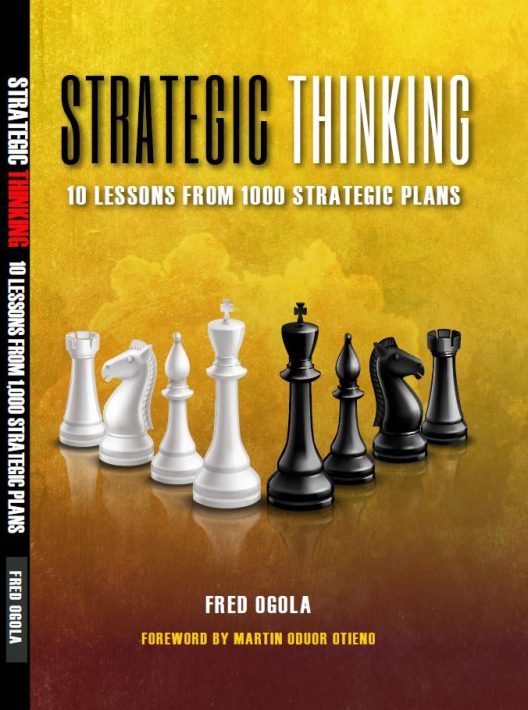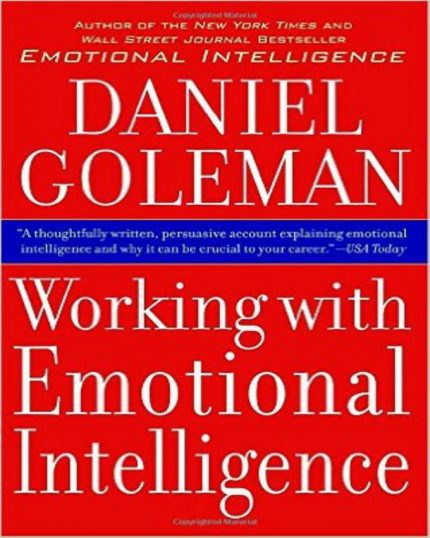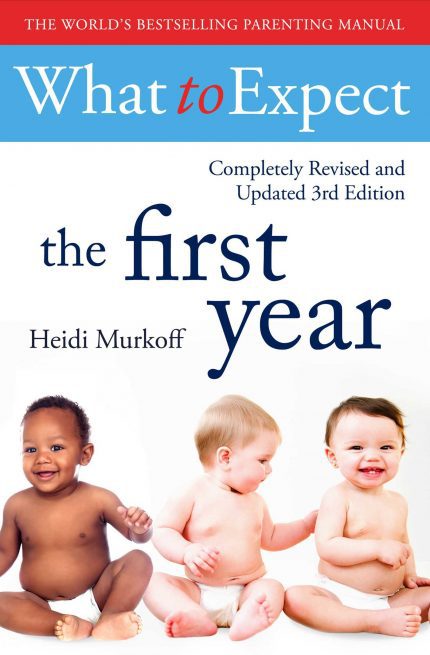Organisations worldwide make the common mistake of believing that their carefully crafted business strategies will work as a matter of course. Unfortunately, history teaches us otherwise and there are many case studies that reveal how the best laid plans go awry. However, the words of Benjamin Franklin, ‘If you fail to plan, you are planning to fail,’ still resonate with experienced strategists. The world we live in is rapidly changing with the effects of the COVID-19 pandemic, the digital revolution and globalisation. It can be argued that the business world is evolving too rapidly for strategy to keep up. However, some of the best insights from historical case studies and anecdotes can still teach us lessons that are relevant today.
In his book, ‘Strategic Thinking, 10 Lessons from 1,000 Strategic Plans’ Dr. Frederick Ogola draws from historical lessons and his own wealth of experience as one of the most sought-after Strategy Consultants in Africa. In this book, you will find insights on the role of organisational culture, process and leadership in strategy formulation and execution.
Strategic planning requires a great deal of thinking, consultation and time. The idea of strategic planning has permeated all facets of society, from football strategies on the pitch to strategic game plans for careers and even strategic life plans. The concept of strategic planning became popular in the 1950s and 1960s in the corporate world. Enthusiasm then waned in the 1980s. There was a resurgence in the 1990s, which has remained popular to this day. Strategic planning is an ongoing process, not a one-time event. In the world of business, there are many unanticipated opportunities and threats that require a response. History is replete with tales of strategy successes and failures of the world’s biggest and smallest companies. It can definitely be rewarding to have the right strategy and understand the concept of strategic planning.
Strategy affects every employee in an organization. Organisational culture can have a huge impact on employee happiness, performance and productivity. The culture consists of shared values and beliefs established by leaders and reinforced through various methods that shape employee perceptions, behaviours and understanding. In his book, Dr. Ogola compares the performance and non-performance culture. As an employer, it is worth understanding the nuances of organisational culture to boost productivity and improve the retention of your staff. Dr. Ogola has worked with several organisations over the course of his career. The book highlights some of his experiences working to transform corporates in Kenya.







































Reviews
Clear filtersThere are no reviews yet.